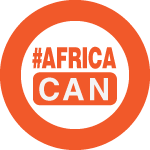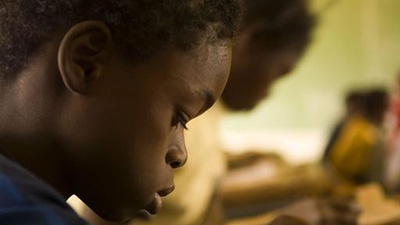Country Overview
Since 2012, the economy of Côte d'Ivoire has turned in a stellar performance, marked by a rapid increase in GDP that has triggered the beginnings of a reduction in poverty. For the 2016-2020 period, the Government adopted a new National Development Plan (NDP) designed to transform Côte d'Ivoire into a middle-income economy by 2020 and further reduce the poverty rate. In April 2016, donors pledged US$15.4 billion in grants and loans to support the NDP. The World Bank Group committed to doubling its support over the next four years to approximately US$5 billion.
Political Context
Political stability was restored with the re-election of President Ouattara in October 2015 for a second five-year term, and with a referendum, held in October 2016, which established the country's Third Republic. In December 2016, Ivorians cast their votes peacefully to elect deputies to the National Assembly. In early 2017, however, social demands and mutinies led the Government to enter discussions with the main trade unions and the mutineers. The country is gearing up for the forthcoming presidential elections, slated for 2020, with a number of candidates lining up. Like all countries in the sub-region, Côte d’Ivoire has been hit by acts of terrorism, the most notorious being the attack in Grand Bassam in March 2016.
Economic Overview
From 2016 into the early stages of 2017, Côte d’Ivoire’s economic growth ranked among the most robust on the African continent. But there are indications the economy is running out of steam, most evident in the continued slump in cocoa prices in global markets.
Social Context
In order to diversify its economy successfully, Côte d'Ivoire must build its human capital so as to meet labor market needs more effectively. Indeed, the production of modern goods and services require skills that are still scarce among local workers.
The key social challenge will be to reduce inequalities significantly by keeping the country's economy on a strong growth path. In 2015, Côte d'Ivoire ranked 171st among 188 countries on the United Nations Human Development Index (HDI). Between 1985 and 2011, the depth and severity of poverty increased considerably, moving from approximately 10 percent to 51 percent of the population. However, the findings of the Living Standards Monitoring Survey carried out by the World Bank in 2015 indicate that the recent economic upturn has brought the poverty rate back down to 46 percent.
The Government of Côte d’Ivoire must now also ensure the redistribution of a greater portion of the spoils of economic growth to the most vulnerable sections of the population.
Recent accomplishments aside, Côte d’Ivoire maintains its position as one of the countries with the world’s highest gender inequality rates, borne out by its ranking (171st out of 188 countries) in the United Nations Gender Equality Index.
Last Updated: Sep 28, 2017







